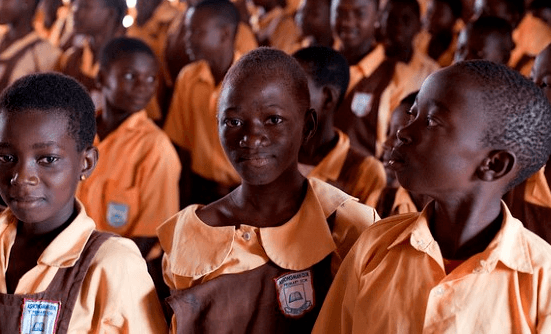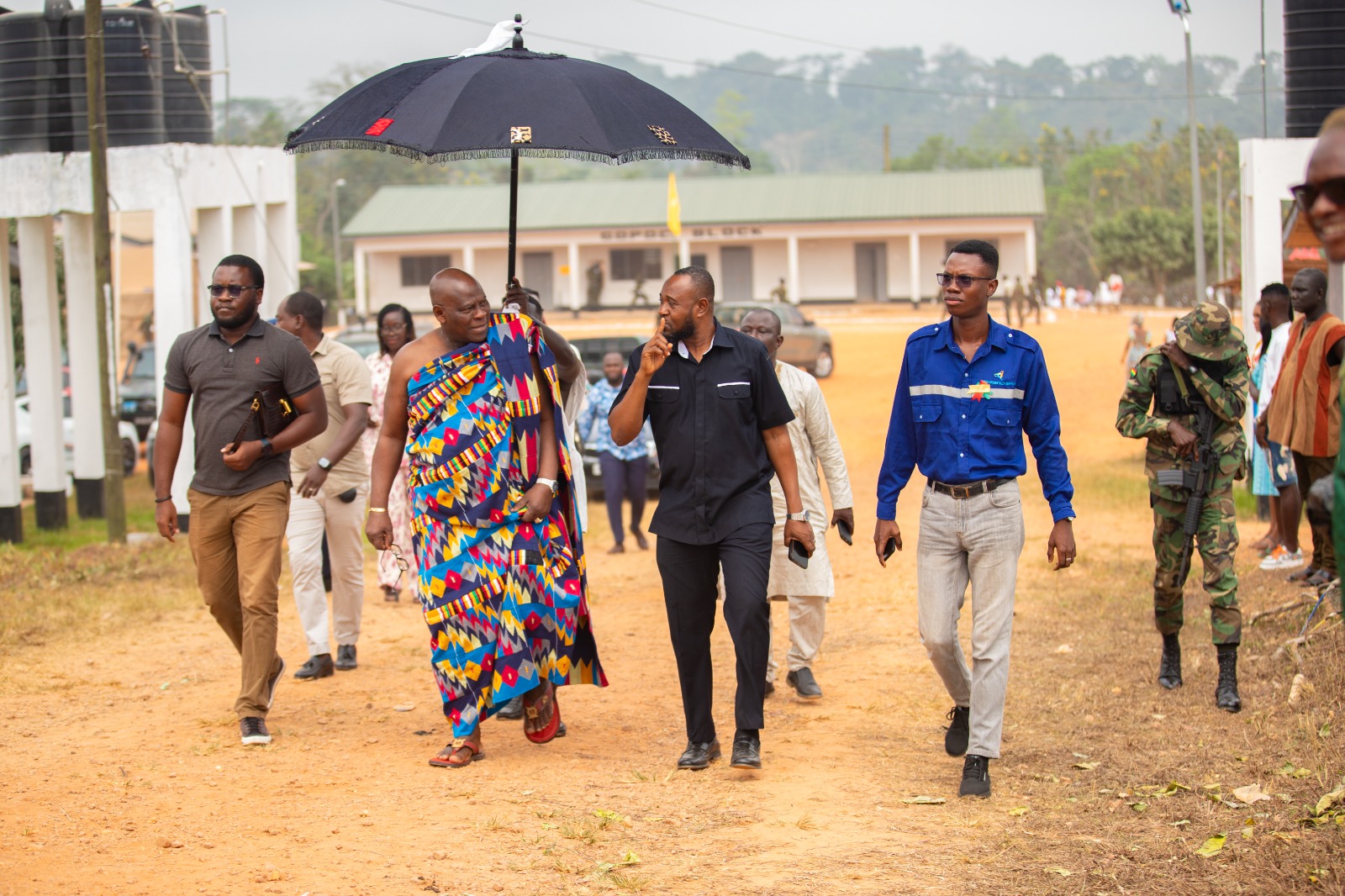
Senior High Schools (SHSs) participating in the Energy Commission’s Renewable Energy Challenge, are to enjoy patent rights to their technologies.
This followed an arrangements the Commission has made with the Council for Scientific and Industrial Research and the Clean Cooking Alliance (based in the USA) to provide mentorship to the winning projects, and other equally good ones to develop and improve on them to become commercially viable.
“One likely legacy of this competition is that, in future, some schools are going to hold patent rights to technologies that will be a major source of income to them.”
Executive Secretary of the Energy Commission, Oscar Amonoo-Neizer, mentioned these in a speech read on his behalf at the opening of the two-day third edition of the Challenge here, at the weekend.
Under the theme, “Clean Cooking and Food Processing Using Renewable Energy Technologies” eight SHS from the Southern Zone competed on the opening day.
The competition, he explained, was born out of the Energy Commission’s mandate under the Renewable Energy Act, 2011 (Act 832), “which is to promote the efficient use of electricity and renewable energy resources through public education, training and regulation of entrepreneurs in the sector.”
“To facilitate the mainstreaming of renewable energy and energy efficiency technologies and programmes into the curriculum of educational and training institutions,” he said.
In collaboration with the Ghana Education Service (GES) he indicated, the programme had been designed to provide education and awareness on renewable energy, clean energy and energy efficiency among the various second cycle institutions in the country, to promote creative thinking, provide mentorship to the young and brilliant students.
And, also to facilitate the mainstreaming of renewable energy and energy efficiency technologies and programmes into the curriculum of educational and training institutions.
According to the Executive Secretary students were expected to develop projects in the area of either clean cooking or food processing, based on the use of renewable energy technologies.
The projects developed, could be new product innovations, accessories to existing products or digital innovations to improve the performances or efficiencies of existing projects, which should be geared towards solving issues or problems identified in the clean cooking value chain by the students.
In the area of clean cooking, he said, the focus should be on either improved stoves or fuels, while for food processing, schools could focus on how renewable energy could be utilised in food processing and preservation, emphasising that “the projects would not end up in the shelves.”
At the end of the competition, Ghana Secondary Technical School came first with 80 points for their automated solar oven project.
They were followed by Yaa Asantewaa Girls Senior High School (SHS), 79.3 points, for their photo energy cooker, while the third place went to Kpedze SHS, for their solar dehydrator.
These schools would compete at the grand finale slated for October 19, 2022 in Accra with the President, Nana Addo Dankwa Akufo-Addo, as the special guest of honour.
Other schools that competed were Presbyterian Boys’ SHS, who placed fourth with 72.5 points, Bueman SHS came fifth with 68.7 points, Mfanstiman Girls’ SHS came sixth, 66.3 points, Mamfe Methodist Girls’ SHS came seventh 65.5 points with St Joseph SHS picking the eighth slot with 63.8 points.
Mrs Olivia Serwaa Opare, Director, Science Education Unit, GES, noted that the Challenge was bringing out the core competencies in the students in view of creativity, critical thinking, collaboration/partnership as well team work and tolerance.
FROM KINGSLEY E.HOPE, KUMASI
The post Participating schools in energy challenge contest to enjoy patent rights appeared first on Ghanaian Times.
Read Full Story




















Facebook
Twitter
Pinterest
Instagram
Google+
YouTube
LinkedIn
RSS